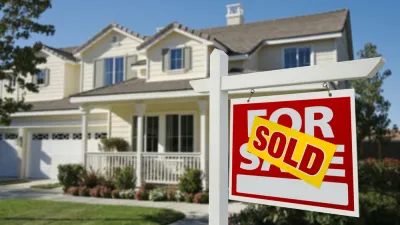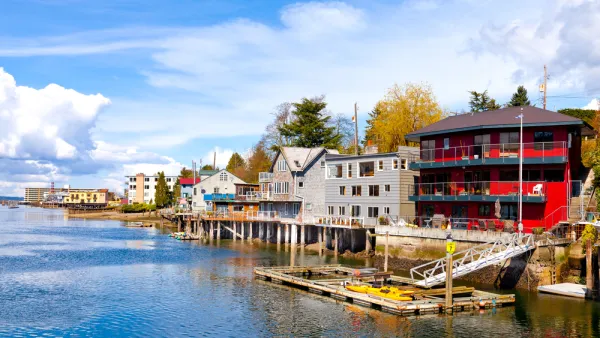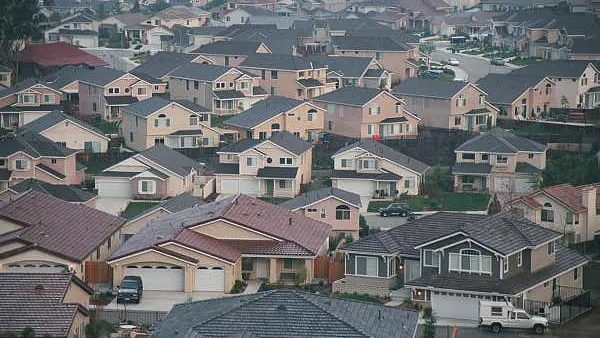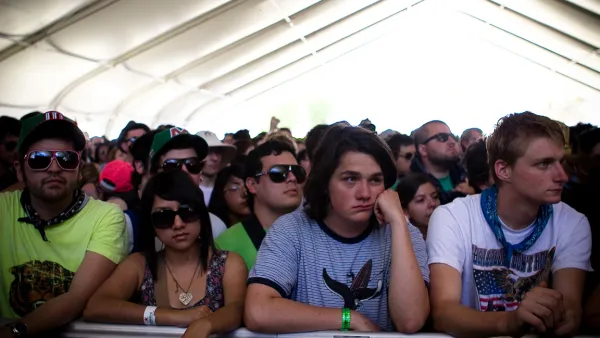Black homeownership rates have been slow to recover from the great recession and the gap between whites and blacks in home ownership is bigger today than it was in the 1980s.

"Forty-three percent of blacks owned homes in 2017, according to an annual report from the Joint Center for Housing Studies of Harvard University," Jonnelle Marte writes for the Washington Post. That's a lot lower than the 72 percent home ownership rate for whites.
"The gap persists even as African Americans have experienced other major financial gains since the downturn," Marte writes. Black unemployment is down to 5.9% nationwide, but, while many have been able to find work after the 2008 downturn, the effects of that period still linger for a population that was more likely to have been foreclosed on or to have lost their employment.
In 1968 after the passage of the Fair Housing Act, the percentage of African American families who owned a house rose, closing some of the gap between black and white home ownership, but those gains have been wiped out. The current gap is bigger today than it was 30 years ago.
FULL STORY: ‘We haven’t made any progress’: Black homeownership is stuck near 30-year lows

National Parks Layoffs Will Cause Communities to Lose Billions
Thousands of essential park workers were laid off this week, just before the busy spring break season.

Retro-silient?: America’s First “Eco-burb,” The Woodlands Turns 50
A master-planned community north of Houston offers lessons on green infrastructure and resilient design, but falls short of its founder’s lofty affordability and walkability goals.

Delivering for America Plan Will Downgrade Mail Service in at Least 49.5 Percent of Zip Codes
Republican and Democrat lawmakers criticize the plan for its disproportionate negative impact on rural communities.

Test News Post 1
This is a summary

Test News Headline 46
Test for the image on the front page.

Balancing Bombs and Butterflies: How the National Guard Protects a Rare Species
The National Guard at Fort Indiantown Gap uses GIS technology and land management strategies to balance military training with conservation efforts, ensuring the survival of the rare eastern regal fritillary butterfly.
Urban Design for Planners 1: Software Tools
This six-course series explores essential urban design concepts using open source software and equips planners with the tools they need to participate fully in the urban design process.
Planning for Universal Design
Learn the tools for implementing Universal Design in planning regulations.
EMC Planning Group, Inc.
Planetizen
Planetizen
Mpact (formerly Rail~Volution)
Great Falls Development Authority, Inc.
HUDs Office of Policy Development and Research
NYU Wagner Graduate School of Public Service





























